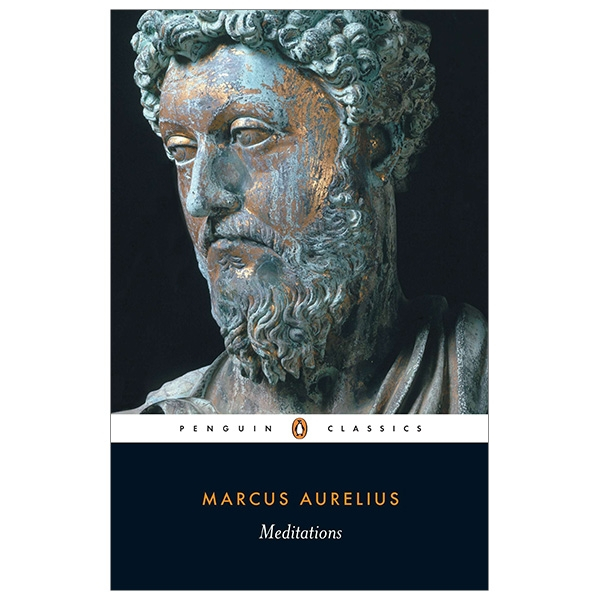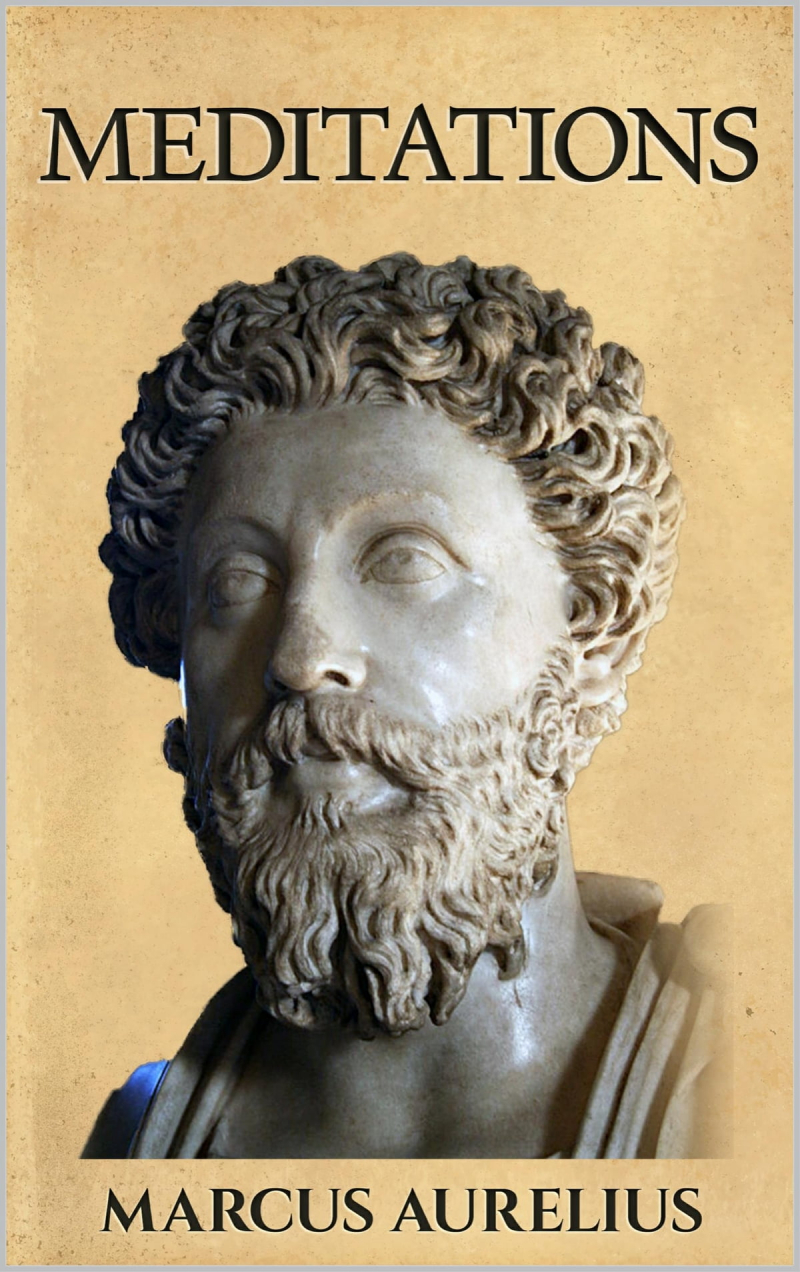He Authored "The Meditations", Considered As One Of The Best Books In The World
The fact that Marcus Aurelius published a book titled "The Meditations," which included the emperor's inner thoughts, is an intriguing detail about him. Marcus composed his Meditations in Greek while on a campaign between 170 and 180 as a tool for self-improvement and direction. If this piece of writing originally had a title, it has now been lost. Later, the title "Meditations" and others, such as "To Himself," were used. He had a logical intellect, and the spirituality and philosophy of the Stoics were evident in his notebooks. The book Meditations is still regarded as a literary ode to a government based on duty and service. Volume 2 of the Harvard Classics contains Meditations' English translation by George Long. Christina of Sweden, Frederick the Great, John Stuart Mill, Matthew Arnold, and Goethe were all fans of the book, according to Hays, and contemporary personalities like Wen Jiabao and Bill Clinton also hold it in high regard. Many commentators have regarded it as one of the finest philosophical works.
The extent of Marcus's writings' posthumous circulation is unknown. Although he did not directly mention Meditations, Julian the Apostate was fully aware of the popularity of his teachings based on stray references in ancient literature. He was also aware of his reputation as a philosopher. The book remained in the academic traditions of the Eastern Church, and Arethas of Caesarea in the 10th century and the Byzantine Suda include the first surviving quotations from it as well as the first known mention of it by name ('Marcus's writings to himself') (perhaps inserted by Arethas himself). From a manuscript that was supposedly destroyed not long after, Wilhelm Xylander (né Holzmann) published it for the first time in Zurich in 1558. The Vatican Library houses the earliest full manuscript copy that has survived, which is from the 14th century.








